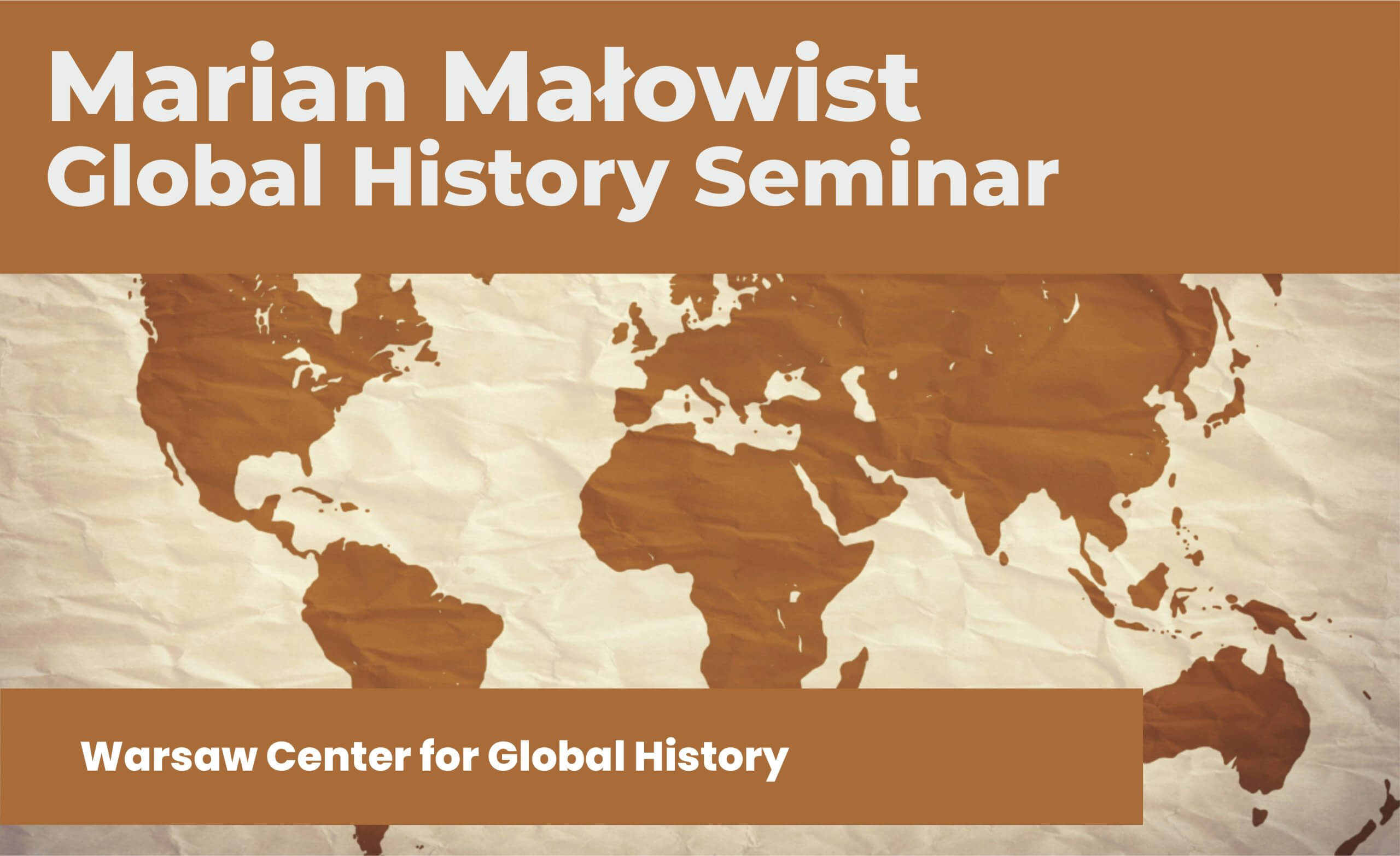Seminarium im. Mariana Małowista. Undetermined Self-Determination

Zapraszamy na seminarium im. Mariana Małowista z cyklu Seminarium Global History & Anthropology. Naszym gościem będzie Alanna O’Malley (Leiden University) , która wygłosi wykład “Undetermined Self-Determination: The Afterlives of Global South anti-colonial solidarity at the United Nations”.
Seminarium odbędzie się 18 kwietnia 2024 r. o godz. 17.00 w sali 125 na Wydziale Historii UW oraz online meet.google.com/dfj-buzs-mks
Abstrakt
During the 1950s and early 1960s, the campaign for decolonization is often regarded as having reached its zenith, largely due to the solidarity between the Global South actors who drove the process forward. What was remarkable about the solidarity of these actors was that from Africa to South America to South-East Asia, nationalist leaders and international advocates consolidated their different visions of world order, and conceptions of sovereignty into a cohesive campaign at the United Nations. This paper asks, what happened to those variegated visions of Global South sovereignty which had under-written and driven decolonization, after political sovereignty had been achieved? It will probe the afterlives of self-determination which delivered quite different fates than those envisioned by anti-colonial actors and point to the conceptual limits and political parameters of sovereignty after political decolonization. Traditional histories of decolonization, largely emphasizing the North-South binary, tend to focus on how post-colonial actors across the Global South sought to challenge the vestiges of empire and policies & practices of perceived neo-colonialism through bilateral relationships or the politics of solidarity. This paper will examine how, through the Special Committee on Decolonization (Committee of 24), disaggregated experiences of sovereignty were translated into different practices of managing self-determination. Implicit in these developments, was a critique of the status quo which has historically been cast as a binary North-South struggle. However, these debates had significant implications for territories remaining under colonial rule, for internal conflicts around self-determination as well as the vast matrix of post-colonial relations. This paper will analyze and how between actors of the Global South, new political dynamics, power struggles, and ultimately hierarchies of inclusion and exclusion evolved.

